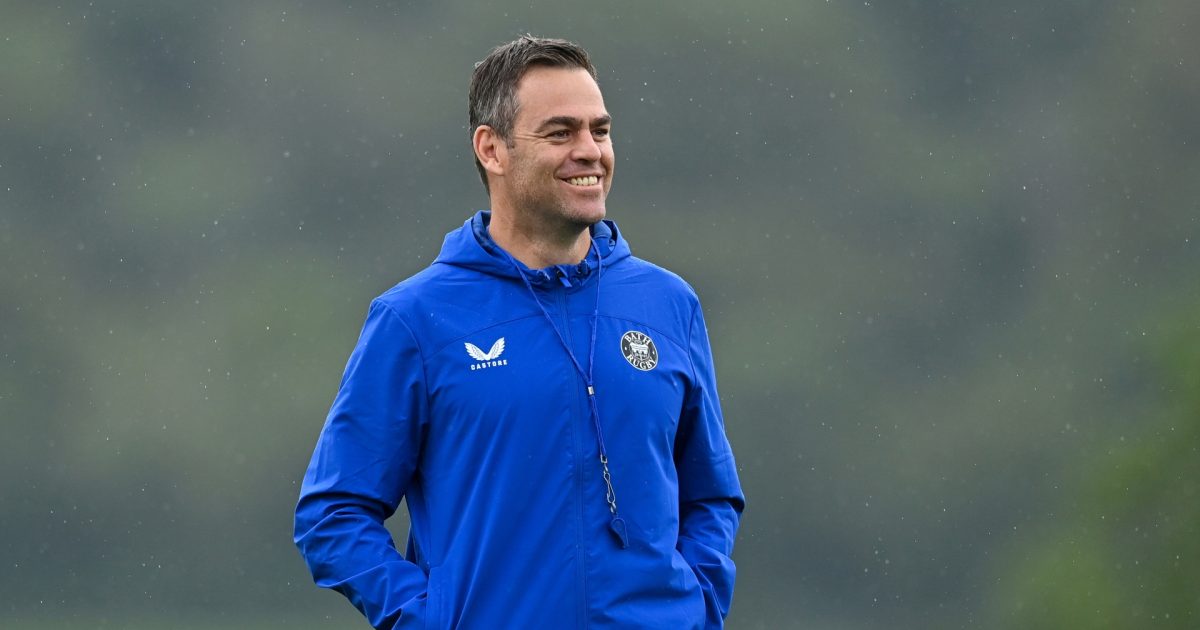Johann van Graan reveals his ‘unthinkable’ number one rugby memory

Current Bath boss Johann van Graan has revealed his number one rugby memory from a career that has taken him from coaching at club and country level in his native South Africa to Ireland and on to the UK where he is now in his second season in the Gallagher Premiership at The Rec after a five-year stint with Munster in the URC.
It was 2003 when the now 43-year-old began his coaching career, starting as a technical advisor at the Bulls before success as their forwards and attack coach resulted in him moving to the Springboks in 2012 – and he took with him a memory that has yet to be surpassed.
Asked nearing the conclusion of an interview with AM Sports Consultancy to name the standout moment in his career, van Graan chose winning the 2010 Super Rugby title with the Bulls.
Lifting the title wasn’t significant in itself – the Bulls had been crowned champions in 2007 and 2009. However what made their third title in four years so very different was that the Bulls won it in Soweto, a black community heartland where it would previously have been unthinkable for them to play.
“The number one moment is at the Bulls. We went on to do some pretty amazing stuff and I was part of an incredible group of people,” began van Graan. “In 2002, the Bulls held the record for 11 out of 11 Super Rugby losses. I joined the next year… and at that stage the Bulls to even think they could win Super Rugby was impossible.
“We won it in 2007, won it again in 2009. In 2010, the soccer World Cup came to South Africa and my dad said to the team at that stage if we were in a Super Rugby semi or final we would have to play away from Loftus because Loftus would host the football World Cup games.
“The longer the season went on, we remained in the first spot and then we had to play the Crusaders in a home semi-final but we couldn’t play in our stadium. The Bulls took the game to Soweto and to put this into perspective – to take a formally known white South African team into a black community was unthinkable a few years before that.
“We went there for a semi-final and beat the Crusaders and then we played the Stormers, another South African team, in Soweto. That moment, to see what it meant to people in South Africa, was incredible and we went on to beat the Stormers.
“It united the country, it showed people from all over the world that South Africa was ready to host the soccer World Cup and something like a month later, Shakira came and opened the World Cup in that stadium and the World Cup happened in South Africa.
“That was such a significant moment for me. I was a young boy when South Africa won the (Rugby) World Cup in 1995 when Mr Mandela came onto the pitch and lifted the trophy together with Francois Pienaar.
“That was a day that I saw something amazing, but I wasn’t part of it but 2010, in terms of being part of something amazing and seeing what it could do to others, it was incredible.
“The bit I want to say is there were so many people involved from commercial companies, from sponsors, that a lot of people said this couldn’t be done but everybody pulled in the same direction and because of rugby we made a difference. That is the number one memory, the two weeks in 2010 in Super Rugby in Orlando Stadium in South Africa.”











































































